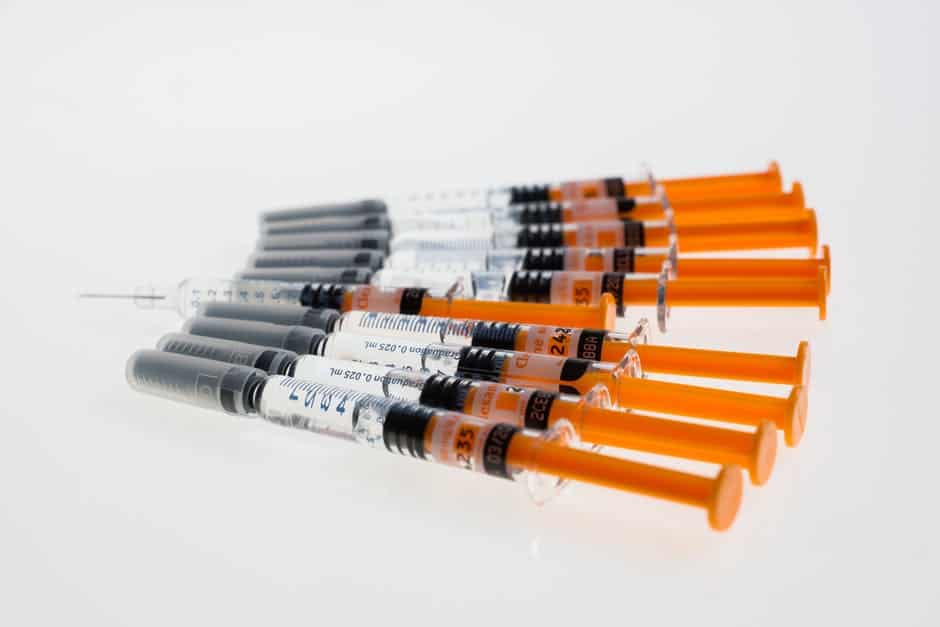Are Your Children’s Vaccines Up to Date in Mississauga?
Published August 23, 2017 at 11:21 pm

It’s back-to-school season! They may not like needles, but ensuring that children’s vaccines are up to date can reduce their risk of catching certain diseases, especially with September around the corner.
The province has issued a reminder for parents to get their kids vaccinated for the school year – if you’re a parent and you haven’t already, you might want to get on track.
“Throughout the school year, children are exposed to many serious childhood diseases that can be prevented through immunization,” said Dr. David Williams, Ontario’s chief medical officer of health. “When they get vaccinated against a certain disease, they build up their immunity, making them stronger and more resistant to that disease. That’s why it’s important to keep your family up to date with the recommended vaccines.”
Vaccines are recommended throughout your life and your kids’ lives, and whether you love them or hate them, there’s a schedule for them detailed by the province here.
Ontario’s Routine Immunization schedule lists the routine shots you should be getting and when you should be getting them – from fetus to adulthood.
Children in Ontario are required to be vaccinated against certain diseases in order for them to attend school, unless they have a valid exemption.
School-aged kids should get shots from ages four to 16, according to the schedule.
There are two vaccines children aged four to six are recommended to have: the tetanus, diphtheria, pertussis and polio (Tdap-IPV) vaccine and the Measles, mumps, rubella and varicella (MMRV) vaccine.
Given in grade seven are the Meningococcal conjugate (Men-C-ACYW) vaccine, the Human Papillomavirus (HPV) vaccine, and the Hepatitis B (HB) vaccine.
In the window of 14-16 years of age, there’s one shot to get: the tetanus, diphtheria and pertussis (Tdap) vaccine.
These scheduled are planned to protect children when they’re most at risk for certain diseases, and when their bodies are ready to receive certain vaccines.
“Vaccination protects us from preventable diseases,” said Dr. Eric Hoskins, minister for health and long-term care. “As a physician, I’ve seen many children become seriously ill from such diseases. The best way to protect your children, and those around them, is to make sure they receive the recommended vaccines at the right time.”
If your children aren’t vaccinated, they are at risk of catching diseases that can be prevented by vaccines, and they can also put their schoolmates at risk – especially those who can’t get certain vaccines for medical reasons.
Parents are advised to talk to their local health care provider or local public health unit.
For more info on vaccines, click here.
